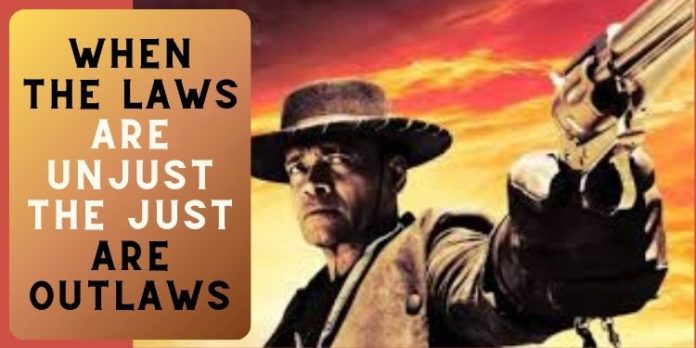“Outlaw Posse” is the Latest in the New Era of Western Films Centralizing Black Characters and Aiming to Remedy a History of Erasure
The Impact of the Western Genre on American Film and Pop Culture
The genre known as the ‘western’ has had a profound impact on American film and pop culture, making its debut in the silent film era and peaking in popularity during the 50s and 60s—a period marked by significant racial tension and discrimination.
The Erasure of Black Stories in Classic Western Films
As Hollywood capitalized on the success of westerns, the industry produced films featuring all-white casts, effectively erasing the experiences and contributions of people of color who played crucial roles in shaping the country and the historical Wild West.
The True Diversity of the Wild West: Black Cowboys and Historical Figures
Films classified as westerns typically depict the late 19th century American frontier. However, many ranch hands and cowboys were African-American, with historians estimating that one in four cowboys was Black, a fact often omitted from Hollywood portrayals.
The Emergence of a New Wave of Westerns Centering Black Characters
In recent years, a new wave of western films has emerged, seeking to correct the historic exclusion of people of color from Hollywood’s depiction of the Wild West. One such film is “Outlaw Posse,” featuring a Black cowboy-outlaw on a quest in 1908 Montana to retrieve stolen gold for survivors of slavery.
Highlighting Historical Figures in Modern Westerns
“Outlaw Posse” joins other films like “Django: Unchained” and “The Harder They Fall” in spotlighting Black characters. These films draw inspiration from real historical figures, such as Bass Reeves and Stagecoach Mary Fields, who are now being recognized in modern westerns.
Mario Van Peebles and the Legacy of His Father in ‘Outlaw Posse’
“Outlaw Posse,” written, directed, and starring Mario Van Peebles, premiered on March 1st as part of this new era of westerns. Dedicated to his late father, Melvin Van Peebles, the film reflects Mario’s love for westerns and his desire to address the genre’s historical neglect of Black characters.
Mario Van Peebles’ Mission to Reclaim the True Diversity of the Wild West
In an interview with Smithsonian Magazine, Mario Van Peebles expressed his passion for creating “Outlaw Posse,” driven by his frustration over the exclusion of Black stories in traditional westerns. “The real wild, wild West was super diverse,” he says. “We were all there.”








